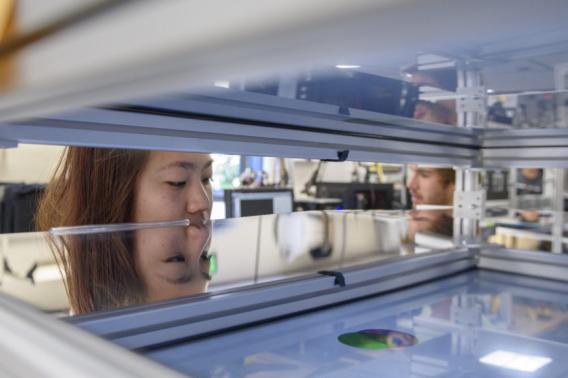Project Summary
Stroke is the main cause of adult disability; 80% of survivors sustain motor (movement) deficits that interfere with activities of daily living. There exists no proven therapeutic strategy for motor recovery of the upper extremity following stroke. While this limitation could be a fundamental deficiency of the stroke-impaired brain, we believe that it is at least in part the result of neglecting the sensory impairments that frequently accompany motor deficits. Sensory impairments, specifically those affecting proprioception—a sense of the position and movement of one’s limbs in space—are known to exacerbate motor deficits. I will quantify the relationship between upper-extremity proprioceptive impairment and motor dysfunction using a minimal model of how the brain controls movement. I will verify the model via experiments with stroke patients and design a novel rehabilitative treatment for motor recovery based on proprioceptive augmentation via haptic feedback.
Project Details
Funding Type:
SIGF - Graduate Fellowship
Award Year:
2015
Lead Researcher(s):
Team Members:
Donor:
